"The Obama Administration and senior BP officials are frantically working not to stop the world’s worst oil disaster, but to hide the true extent of the actual ecological catastrophe. Senior researchers tell us that the BP drilling hit one of the oil migration channels and that the leakage could continue for years unless decisive steps are undertaken, something that seems far from the present strategy.
In a recent discussion, Vladimir Kutcherov, Professor at the Royal Institute of Technology in Sweden and the Russian State University of Oil and Gas, predicted that the present oil spill flooding the Gulf Coast shores of the United States “could go on for years and years … many years.”
According to Kutcherov, a leading specialist in the theory of abiogenic deep origin of petroleum, “What BP drilled into was what we call a ‘migration channel,’ a deep fault on which hydrocarbons generated in the depth of our planet migrate to the crust and are accumulated in rocks, something like Ghawar in Saudi Arabia.” Ghawar, the world’s most prolific oilfield has been producing millions of barrels daily for almost 70 years with no end in sight. According to the abiotic science, Ghawar like all elephant and giant oil and gas deposits all over the world, is located on a migration channel similar to that in the oil-rich Gulf of Mexico.
As I wrote at the time of the January 2010 Haiti earthquake disaster, Haiti had been identified as having potentially huge hydrocasrbon reserves, as has neighboring Cuba. Kutcherov estimates that the entire Gulf of Mexico is one of the planet’s most abundant accessible locations to extract oil and gas, at least before the Deepwater Horizon event this April.
“In my view the heads of BP reacted with panic at the scale of the oil spewing out of the well,” Kutcherov adds. “What is inexplicable at this point is why they are trying one thing, failing, then trying a second, failing, then a third. Given the scale of the disaster they should try every conceivable option, even if it is ten, all at once in hope one works. Otherwise, this oil source could spew oil for years given the volumes coming to the surface already.”
He stresses, “It is difficult to estimate how big this leakage is. There is no objective information available.” But taking into consideration information about the last BP ‘giant’ discovery in the Gulf of Mexico, the Tiber field, some six miles deep, Kutcherov agrees with Ira Leifer a researcher in the Marine Science Institute at the University of California, Santa Barbara who says the oil may be gushing out at a rate of more than 100,000 barrels a day." More>>>>

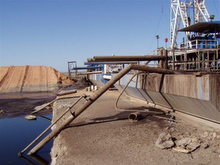



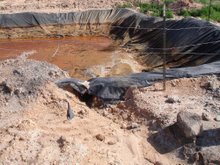

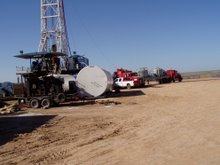
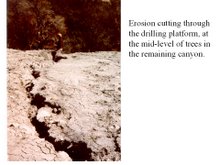
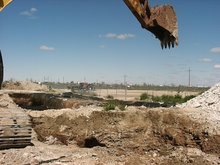
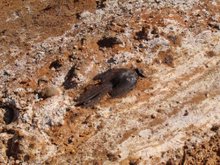
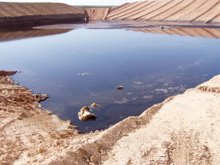
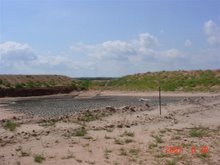
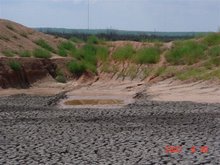
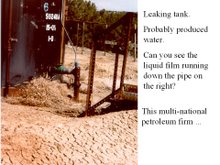
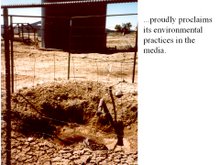
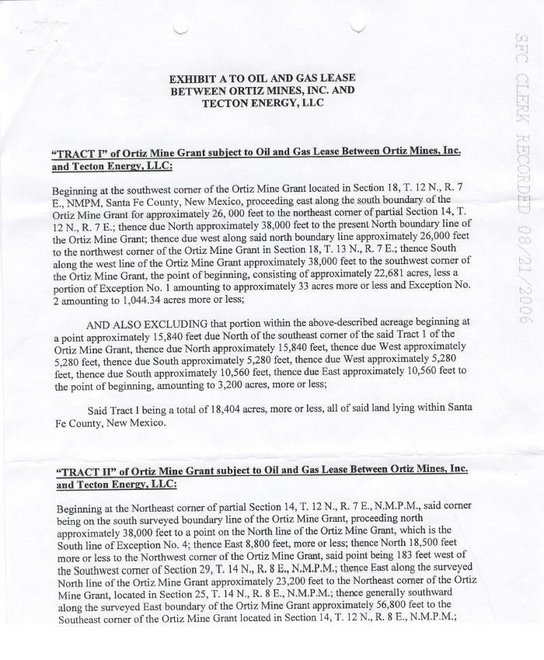
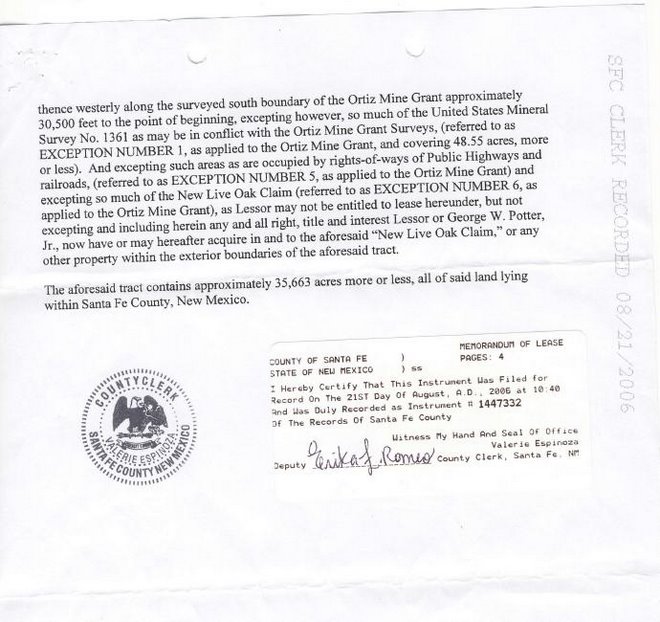


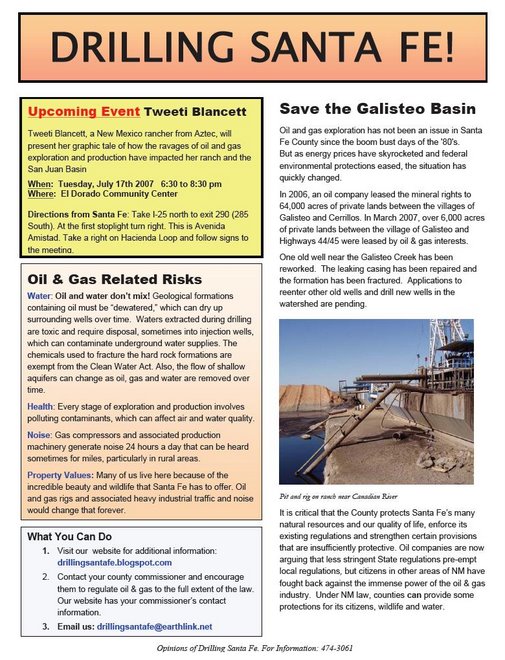
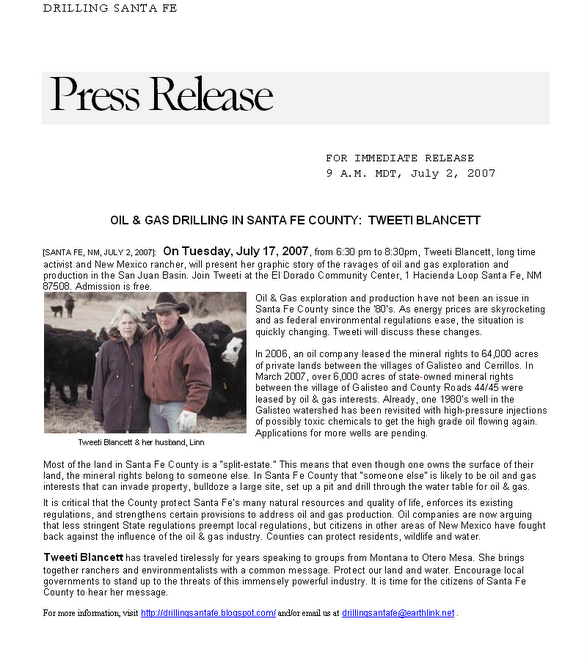
No comments:
Post a Comment